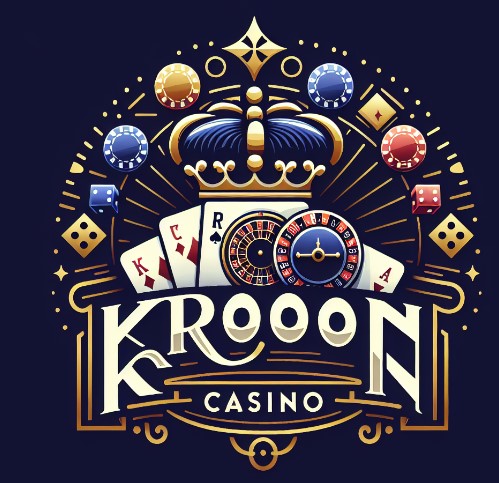Loot boxes have become a ubiquitous feature in modern video games, offering players the chance to obtain virtual items through random rewards. However, this practice has sparked significant debate regarding its ethical implications, especially when considering their classification as gambling, consumer protection issues, and the impact on younger gamers.
Classification as Gambling
One of the primary ethical concerns surrounding loot boxes is whether they should be classified as a form of gambling. Loot boxes typically involve players spending real money for a chance to win valuable in-game items, a process that mirrors traditional gambling mechanics. Critics argue that this randomness and the potential for financial loss make loot boxes akin to gambling, which should be regulated accordingly. Various countries have already begun investigating and implementing regulations to address this issue, but there remains a lack of consensus on how to categorize these digital rewards systems uniformly.
Consumer Protection
The consumer protection angle focuses on the transparency and fairness of loot box mechanics. Many players are unaware of the odds of receiving specific items from loot boxes, leading to frustration and accusations of exploitation. Ethical game design should prioritize transparency, allowing players to make informed decisions about their purchases. Some game developers have responded to criticism by disclosing drop rates, but this practice is not yet industry-wide. Ensuring players understand what they are paying for can help mitigate feelings of betrayal and protect consumers from predatory practices.
Impact on Younger Gamers
Perhaps the most concerning ethical issue is the impact of loot boxes on younger gamers. Children and teenagers are particularly vulnerable to the allure of loot boxes due to their developing decision-making abilities and susceptibility to peer pressure. The psychological tactics employed in loot box design, such as the excitement of opening packs and the desire to complete collections, can lead to compulsive spending behaviors. This has raised alarms about the potential for fostering early gambling addictions among younger players. Parents and guardians must be vigilant, and game developers should consider implementing age-appropriate safeguards to protect young gamers from these risks.
The ethical implications of loot boxes in video games are complex and multifaceted. As the debate continues, it is crucial for industry stakeholders, regulators, and the gaming community to collaborate on creating a balanced approach that addresses these concerns. By enhancing transparency, enforcing consumer protection, and safeguarding younger players, the gaming industry can work towards a more ethical and enjoyable gaming experience for all.


Leave a Reply